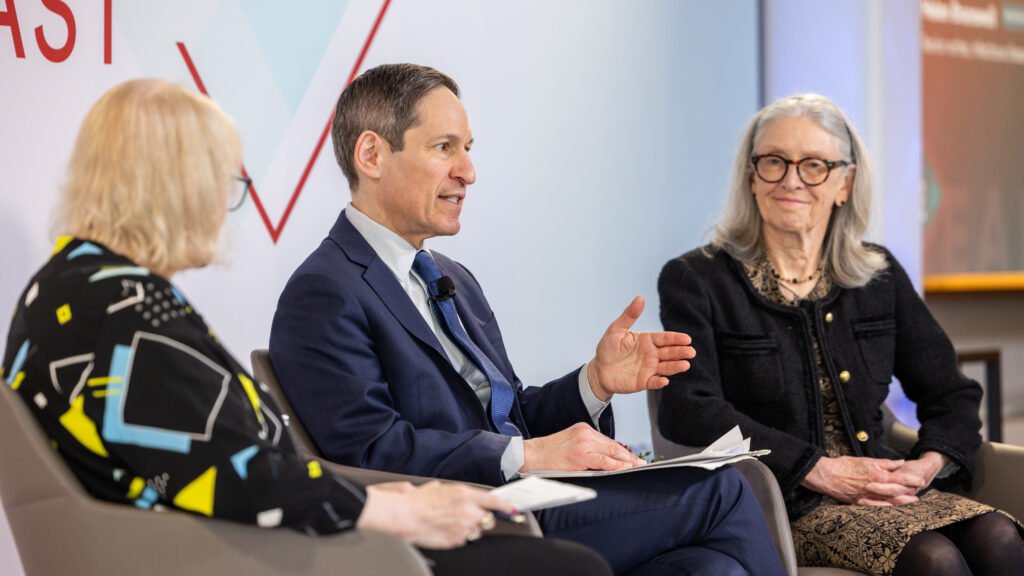Former CDC Director Warns Against Wavering on Vaccines Amid Measles Outbreak
As the measles outbreak continues to spread across Texas and New Mexico, former Centers for Disease Control and Prevention (CDC) director Tom Frieden is sounding the alarm on the potential consequences of wavering on vaccines and cutting federal programs during a public health crisis. Frieden, who served as CDC director for eight years under President Obama and is now the president and CEO of the nonprofit Resolve to Save Lives, spoke out against Health Secretary Robert F. Kennedy Jr.’s views on vaccines and the handling of the current measles outbreak.
Frieden emphasized that while the federal government may pause, the measles virus does not pause and can accelerate when preventative measures are not in place. He expressed concerns about the Trump administration’s nominee to lead the CDC, former Congressman Dave Weldon, and his past statements questioning the safety of measles, mumps, and rubella vaccines, similar to Kennedy’s theories.
Kennedy, who has advocated for personal choice regarding vaccines and suggested alternative treatments like vitamin A for measles, has faced criticism for his stance on vaccination policies. The current outbreak has resulted in over 300 reported cases and at least two deaths, including an unvaccinated child. A Texas public health official warned that it could take up to a year to contain the outbreak.
Frieden highlighted the dangers of public mistrust in vaccines and medical experts, citing his experience during a measles outbreak in New York 35 years ago. He stressed that measles, despite being considered a common childhood disease, can have severe consequences, including death and long-term neurological problems. He also debunked Kennedy’s claims about conflicts of interest among federal advisory panel members, calling them “absolute nonsense.”
While acknowledging the CDC’s missteps during the coronavirus pandemic, Frieden urged for a reevaluation of public health strategies to address the current challenges. He emphasized the need to regain public trust and address skepticism by learning from past mistakes and implementing practical solutions.
In conclusion, Frieden’s warning serves as a reminder of the critical importance of vaccination programs and public health measures in preventing the spread of infectious diseases like measles. As the measles outbreak continues to pose a threat to public health, it is essential for government officials and health authorities to prioritize evidence-based practices and prioritize the well-being of the population.


